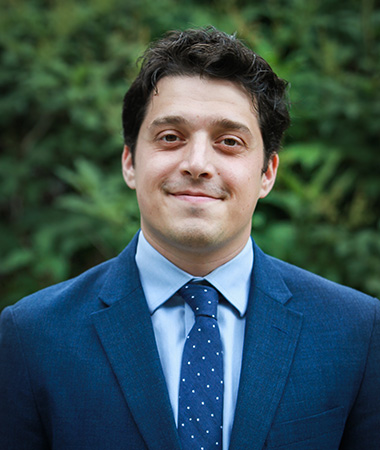Science for Society: Workplace Culture and Well-Being
The emotional atmosphere of a workplace can have a major impact on the mental and physical health of the employees who work there. Emotional culture is a concept under scrutiny by psychologists who are interested in how behavioral norms, as well as underlying values in the workplace, guide how emotions are shared or hidden among colleagues.
The role of positive and negative emotions, the varying impacts of shame and guilt, and the importance of effective timing when sharing emotions with larger teams were discussed by featured researchers in this webinar.
Olivia Mandy O’Neill, associate professor of management at George Mason University, said the potential impacts of workplace culture can be surprisingly wide-ranging. She found that the culture of a workplace can have major impacts on overall satisfaction of employees, as well as on the patients and the families of patients being served by an organization.
She found that emotions—such as love, joviality, and gratitude—have different roles in workplace culture. Gratitude has unique effects, especially in bolstering a person’s resilience while they are working on a difficult task. When a person received an expression of gratitude, they were able to continue working on a difficult task longer and they were able to bounce back faster after it was complete.
O’Neill also noted that it’s important to consider the roles of emotions that are often perceived as negative, such as anger and anxiety.
“We can’t think about emotional culture without taking into account these so-called negative emotions, which do have a social function,” O’Neill said.
Giselle Antoine, an assistant professor of organizational behavior at Washington University in St. Louis, has spent years diving into the function of negative emotions in her research. Antoine studied the role of shame and guilt in organizations, looking at the impacts on both the person being punished and the audience observing the punishment.
“Public corrections can facilitate an emotional resolution for audience members, and that’s part of the functionality,” she explained.
In her research with working adults in China, Antoine found a link between the severity of a punishment and the level of commitment inspired by witnessing or experiencing that punishment. However, she also found that the consequences a violator experiences must match the severity of their violation in order for the consequence to be functional for a group.
Jacob Levitt, a doctoral candidate at the University of Pennsylvania, described how emotions can be timed effectively to support productivity in the workplace. His research with sports teams worked to determine a model for deploying emotions, and he found that it is most effective for leaders to display positive emotions in the early stages of a project and then display slightly more negative emotions at the mid-point. The emergence of negative emotions after trust has already been built provides team members with new opportunities to gain status and respect, he said.
“We need to not just be thinking about these broad-based rules,” Levitt said. “We need to get more nuanced. If we have to be tough, how are going to do that?”
This webinar will provide insight into workplace culture for students, professionals, and leaders who are working to manage their teams more effectively.
Speakers

Giselle Antoine
Washington University in St. Louis
Jacob Levitt
University of PennsylvaniaJacob S. Levitt is a PhD candidate at the Wharton School of the University of Pennsylvania. He received an undergraduate degree in Psychology from the University of Pennsylvania. His research explores how hierarchy shapes team emotional dynamics, with a focus on leader emotions, team emotions, and emotional culture.


